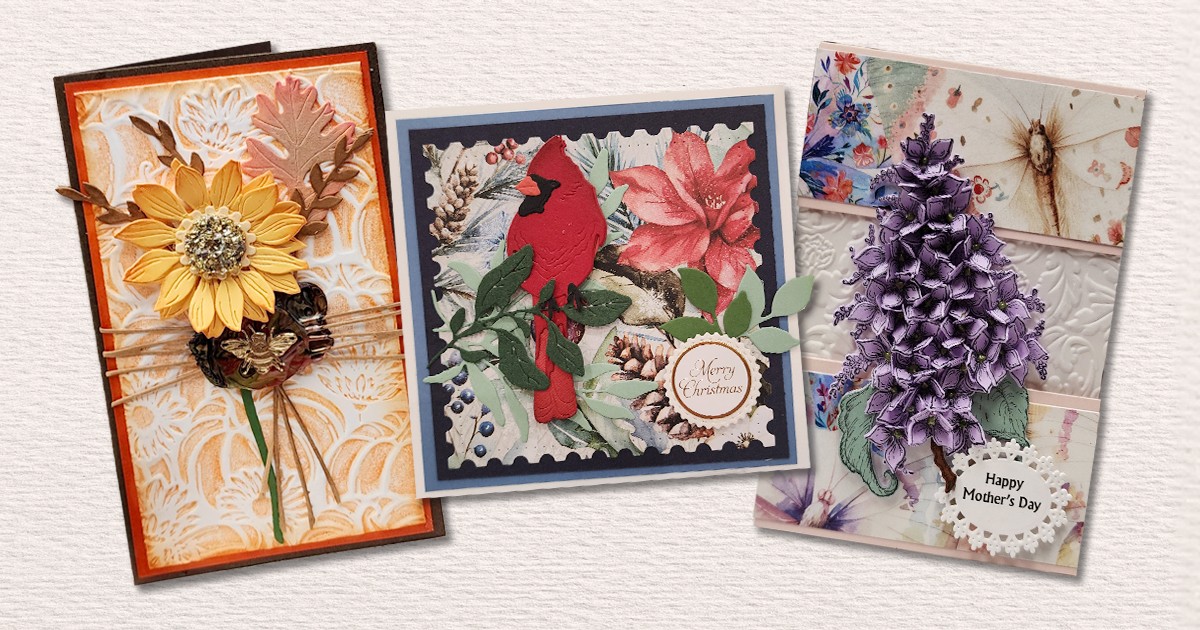“He prayed more fervently, and he was in such agony of spirit that his sweat fell to the ground like great drops of blood” (Luke 22:44 NLT).
That night in Gethsemane, Jesus knew the Crucifixion was coming. It was almost unbearable weight, yet Jesus persevered. The olive press was a familiar tool in Capernaum, where Jesus carried out most of his public ministry. It was a city surrounded by olive groves. At public presses, olives were placed in a large basin carved out of highly desirable black basalt stone mined from local quarries, where a wheel was rolled over the olives again and again, cracking them open. Then a great stone weight, known as a gethsemane, was lowered onto the prepared olives, pressing them down and forcing the rich flow of the precious oil, which was captured in a container below.
This image has stood the test of time as a metaphor to describe the lonely, intentional journey of Jesus as he approached his final night of prayer in preparation for his imminent arrest and Crucifixion, fulfilling the predicted purpose for which he was given by the Father as the ultimate gift. His life in trade for my sins. He would die in my stead, in my place, bearing my sin.
Jesus prays, “My Father! If this cup cannot be taken away unless I drink it, your will be done” (Matthew 26:42 NLT). Or stated another way, as recorded in Luke’s Gospel, “Father, if you are willing, please take this cup of suffering away from me. Yet I want your will to be done, not mine” (Luke 22:42 NLT).
Metaphorically, the crushed, broken olives, stacked to receive the weight of that enormous stone, represented Jesus. The stone, the gethsemane, the weight brought to bear, represents my sin. Jesus, the Son of the living God; Jesus, God himself, both man and divine, two natures indivisible—determined, through contemplation of almost unbearable weight, in those moments, in that prayer time, to pay sin’s price for me.
Almost unbearable weight. Pressed by that gethsemane to the point of sweating drops of blood. Is this another metaphor used to simply articulate the stress and seriousness of the occasion or is it physically possible to sweat drops of blood? In his book, The Case for Christ, author Lee Strobel interviewed research scientist Alexander Metherell, who shared this important insight: “There is a known medical condition called hematidrosis. While not very common, it is associated with a high degree of psychological stress. Medical evidence proves that under the right conditions severe anxiety causes the release of chemicals that break down the capillaries in the sweat glands. As a result, there can be a small amount of bleeding into these glands and the sweat comes out tinged with traces of blood.”
Jesus, knowing what lay ahead in the next few days, absorbed that stress for you and me. He bore the full weight of our sin and, while contemplating his immediate future, asked the Father if he could be freed of this weight. But even in that query, his resolve remained. Father, if removing the weight, the stress, the necessary awaiting torture, will mean your will won’t be accomplished, then do not release me from this burden. Thy will must be done!
In that Garden of Gethsemane, Jesus resigned his will to that of his Father’s. An almost unbearable weight, yet he did not waver from the fate set before him. He wilfully took my place, bore my sin and my shame. This is why I must never forget Gethsemane, never forget his love for me.
And yet his contemplation of almost unbearable weight brings me face to face with a need to contemplate my own response to him who paid the price fully. Do I love him in return? Do I accept his act of selflessness in taking my place? Am I willing to give him my all, accepting whatever the future may hold for me even if he should require more of me?
This Easter, may we be found frequently, intentionally, quietly pondering the familiar garden scene, and thoughtfully thanking Jesus again for not abandoning his Father’s will.
Commissioner Lee Graves is the territorial commander of the Canada and Bermuda Territory.
Illustration: Ontheroad/Lightstock.com
This story is from:










Leave a Comment